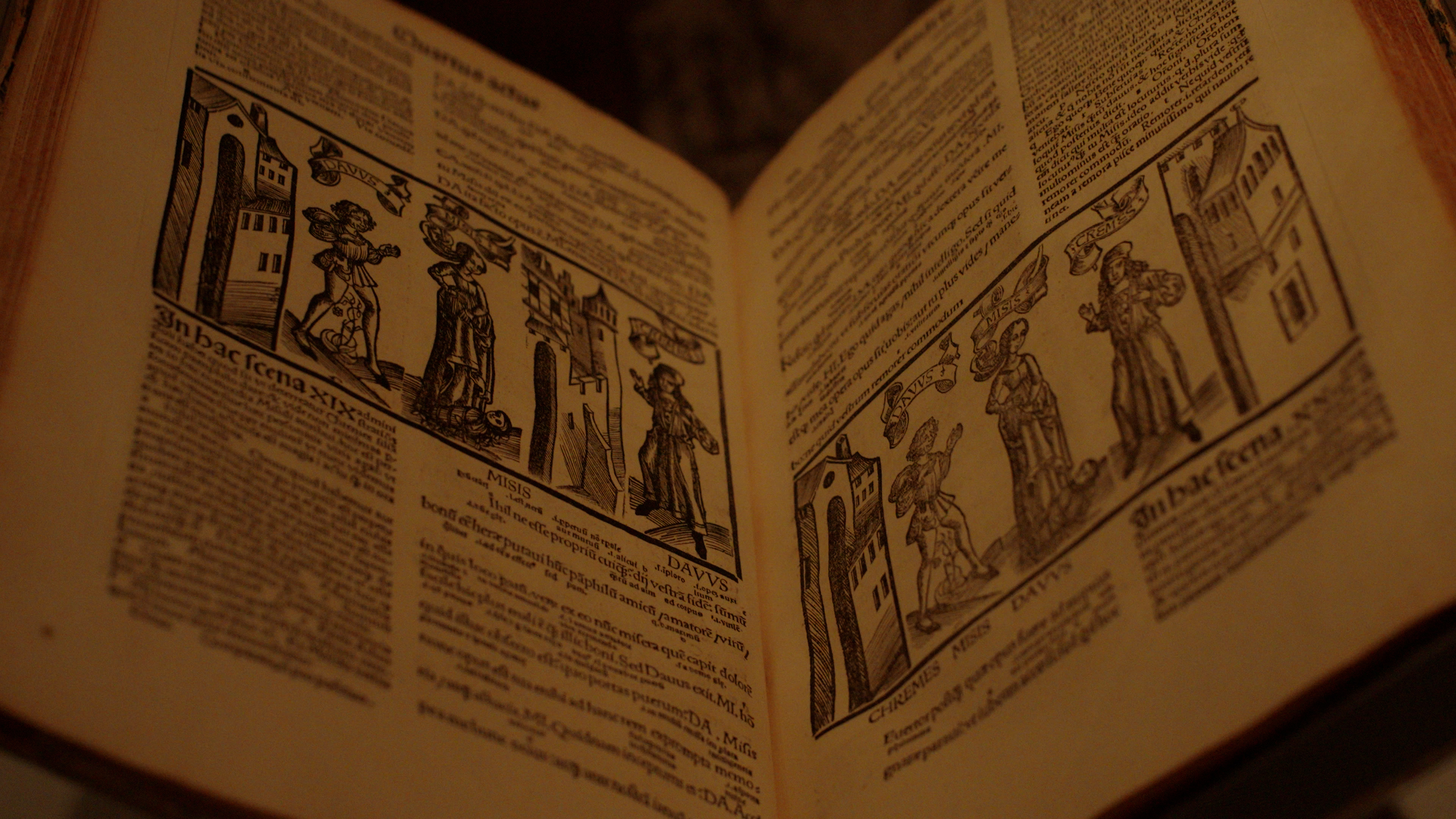Smith, Ian. "Reading race in Shakespeare." Throughlines. www.throughlines.org/suite-content/reading-race-in-shakespeare. [Date accessed].

Barthelemy, Anthony Gerard. Black Face, Maligned Race: The Representation of Blacks in English Drama from Shakespeare to Southerne. Baton Rouge: Louisiana State University Press, 1987.
Little, Arthur, Jr. “Is it Possible to Read Shakespeare through Critical White Studies?” In Ayanna Thompson, ed. The Cambridge Companion to Shakespeare and Race. Cambridge: Cambridge University Press 2020: 268-80.
Marcus, Stephen and Sharon Best. “Surface Reading: An Introduction.” Representations 108.1 (2009): 1-21.
Morrison, Toni. Playing in the Dark: Whiteness and the Literary Imagination. Cambridge: Harvard University Press, 1992.
Schreiner, Susan E. “Appearances and Reality in Luther, Montaigne, and Shakespeare.” The Journal of Religion 83.3 (2003): 345-80.


.jpg)


-PaintingStudyblack.jpg)

